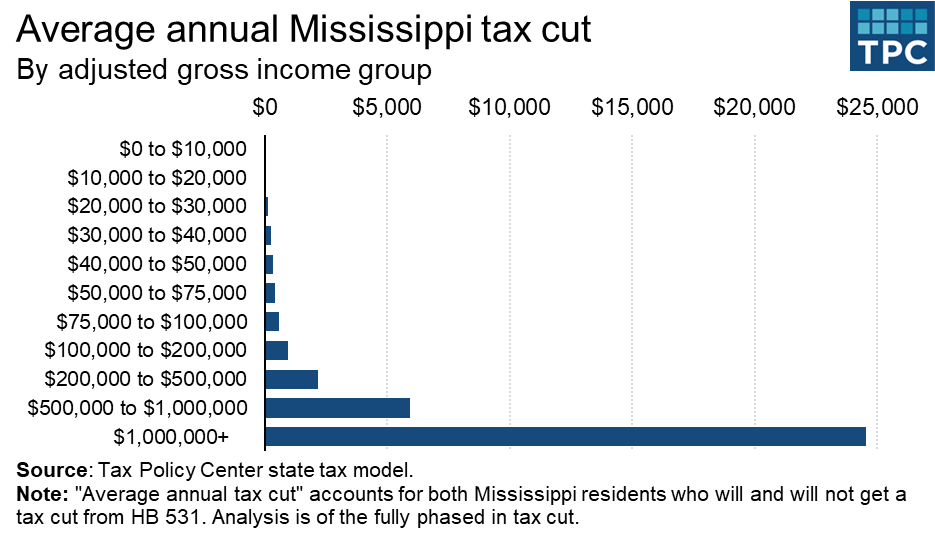Understanding UK Capital Allowances Policy
The United Kingdom is nearing snap elections on July 4, 2024, and taxA tax is a mandatory payment or charge collected by local, state, and national governments from individuals or businesses to cover the costs of general government services, goods, and activities.
policy is an important part of the discussion. In recent years, the UK has experienced unstable policy developments in its corporate tax rate and capital cost recovery provisions, so it is essential to understand why the current full expensingFull expensing allows businesses to immediately deduct the full cost of certain investments in new or improved technology, equipment, or buildings. It alleviates a bias in the tax code and incentivizes companies to invest more, which, in the long run, raises worker productivity, boosts wages, and creates more jobs.
policy is worth maintaining and extending.
A capital allowanceA capital allowance is the amount of capital investment costs, or money directed towards a company’s long-term growth, a business can deduct each year from its revenue via depreciation. These are also sometimes referred to as depreciation allowances.
is the amount of capital investment costs a business can deduct from its revenue through the tax code. When businesses are not allowed to fully deduct capital expenditures in real terms, they make fewer investments in things like equipment and machinery, which also reduces worker productivity and wages. Businesses should be allowed to fully deduct their capital investments in real terms—either through full expensing or neutral cost recovery. Instead, depreciationDepreciation is a measurement of the “useful life” of a business asset, such as machinery or a factory, to determine the multiyear period over which the cost of that asset can be deducted from taxable income. Instead of allowing businesses to deduct the cost of investments immediately (i.e., full expensing), depreciation requires deductions to be taken over time, reducing their value and discouraging investment.
schedules specify the life span of an asset—often derived from the economic life of an asset—and determine the number of years over which an asset must be written off.
In the years 2020 and 2021, many governments around the world increased their capital allowances as a response to the COVID-19 pandemic. While these policies are expiring elsewhere, endangering critical investment, the United Kingdom has made its central policy improvements permanent.
How the United Kingdom Moved to Full Expensing
From April 2021 through the end of March 2023, the United Kingdom enacted a super-deductionA super-deduction is a tax deduction that permits businesses to deduct more than 100 percent of their eligible expenses from their taxable income. As such, the super-deduction is effectively a subsidy for certain costs. This policy sometimes applies to capital costs or research and development (R&D) spending.
, allowing UK businesses to deduct 130 percent of the costs of plant and equipment from their taxable incomeTaxable income is the amount of income subject to tax, after deductions and exemptions. For both individuals and corporations, taxable income differs from—and is less than—gross income.
. This policy was meant to assist business investment in the transition from the previous 19 percent corporate tax rate to the current 25 percent rate, which has been in place since April 2023. That’s a 130 percent increase in the corporate rate, matching the super-deduction. Additionally, the UK permanently reintroduced depreciation for industrial buildings at 2 percent in 2019 and expanded it to 3 percent in 2020. Between April 2011 and October 2018, businesses were not allowed to deduct costs for any type of building or structure.
The 2023 Spring Budget replaced the super-deduction with full expensing, shifting the UK allowance for plant and equipment from a 130 percent deduction to a 100 percent deduction. The temporary policy results in a whiplash effect for capital allowances, effective tax rates, and overall business investment incentives.
The Spring Budget also extended a 50 percent first-year allowance to certain “integral features” and “long-life items” that do not qualify for full expensing. Further, the Annual Investment Allowance (AIA)—which provides 100 percent first-year relief for plant and machinery investments up to £1 million for all businesses, including unincorporated businesses and most partnerships—was made a permanent feature of the tax code.
The Impact of Permanent Full Expensing
The 2023 Autumn Statement made full expensing (and the 50 percent first-year allowance) a permanent feature of the tax code, averting an expiration of the policy in 2026.
Absent permanent full expensing, the UK would have returned to an 18 percent declining balance allowance for plant and equipment, shifting from a 100 percent deduction to a 75.8 percent deduction (in net present value terms), well below the current OECD average of 85.6 percent. In 2024, this would be one of the OECD’s least competitive cost recoveryCost recovery is the ability of businesses to recover (deduct) the costs of their investments. It plays an important role in defining a business’ tax base and can impact investment decisions. When businesses cannot fully deduct capital expenditures, they spend less on capital, which reduces worker’s productivity and wages.
provisions, moving the UK from tied for first with Estonia and Latvia in their treatment of machinery to 32nd out of 38 member countries, and from 14th in overall asset treatment to 29th.
Model simulations by the Tax Foundation and the Centre for Policy Studies estimate that permanent full expensing raises long-run GDP by 0.9 percent, investment by 1.5 percent, and wages by 0.8 percent, relative to a return to the pre-2021 law.
As the Office of Budget Responsibility notes, leaving the provision temporary would have increased annual investment in the UK by £6 billion on average until 2026, followed by a subsequent decrease below the baseline. The response of businesses to the temporary policy would have been largely driven by shifting investments in time, leaving the long-term capital stock and GDP largely unchanged.
At the same time, the revenue costs of full expensing are front-loaded to the first years from its introduction, since it simply shifts available deductions forward in time once, thereby reducing the deductions available to businesses and the associated revenue costs in subsequent years. In 2022, the Tax Foundation and the Centre for Policy Studies estimated a “peak-year cost” of expensing at £9.3 billion, declining to a cost of only £1.3 billion in the long run.
The Future of Corporate Capital Allowances
Given the positive contribution of full expensing to economic growth and that the UK already incurred the peak-year costs due to the existing policy, it is imperative to maintain it permanently.
Fortunately, the country’s two largest political parties have already signalled an understanding of this. Ahead of the upcoming election, the Labour Party and the Conservative and Union Party manifestos both reiterate their commitment to maintaining the current policies of full expensing and the annual investment allowance.
Further, the Conservative manifesto also calls for extending full expensing to development on Brownfield sites. Currently, the Structures and Building Allowance (SBA) allows businesses to deduct building costs of commercial properties at a flat rate of 3 percent, resulting in deductions with a net present value of 39.1 percent (below the OECD average of 47.2 percent), but not for residential development. Full expensing for all Brownfield development would increase the value of these deductions from 39.1 percent to 100 percent for commercial and from zero to 100 percent for residential development, respectively, as long as they are located in areas designated as Brownfield.
The United Kingdom’s current tax treatment of commercial buildings ranks 22nd in the OECD for 2024. Implementing full expensing for Brownfield development would catapult it to the top spot, together with Estonia and Latvia, and also improve its overall cost recovery rank from 14th to 3rd.
Stay informed on the tax policies impacting you.
Subscribe to get insights from our trusted experts delivered straight to your inbox.
Subscribe
Share






